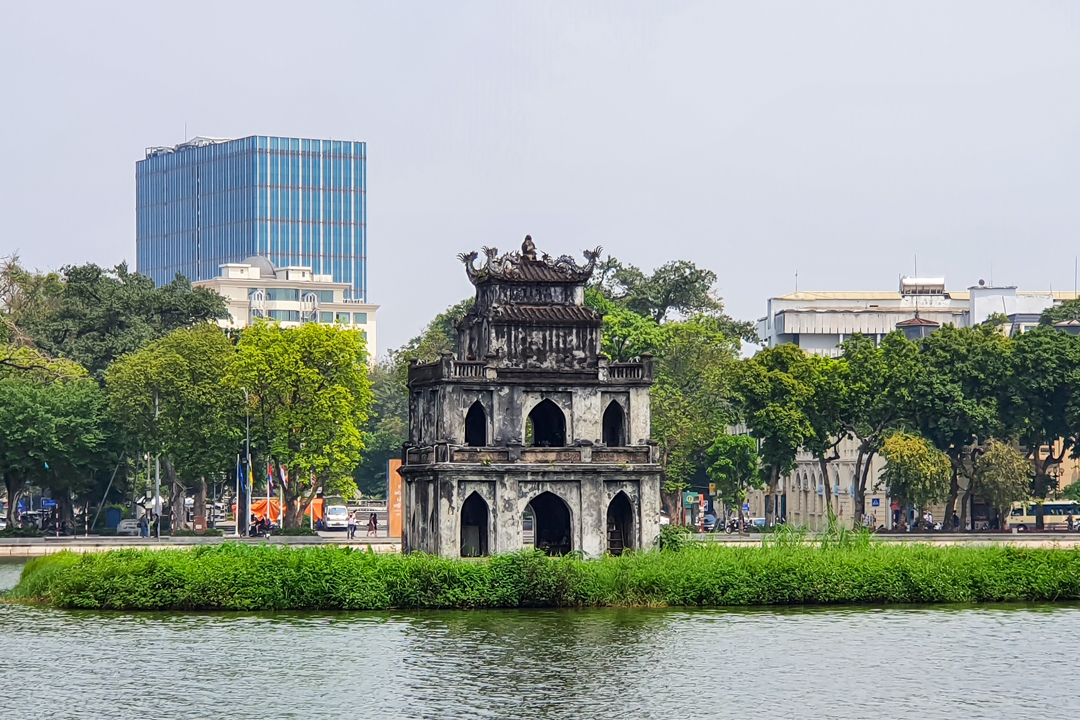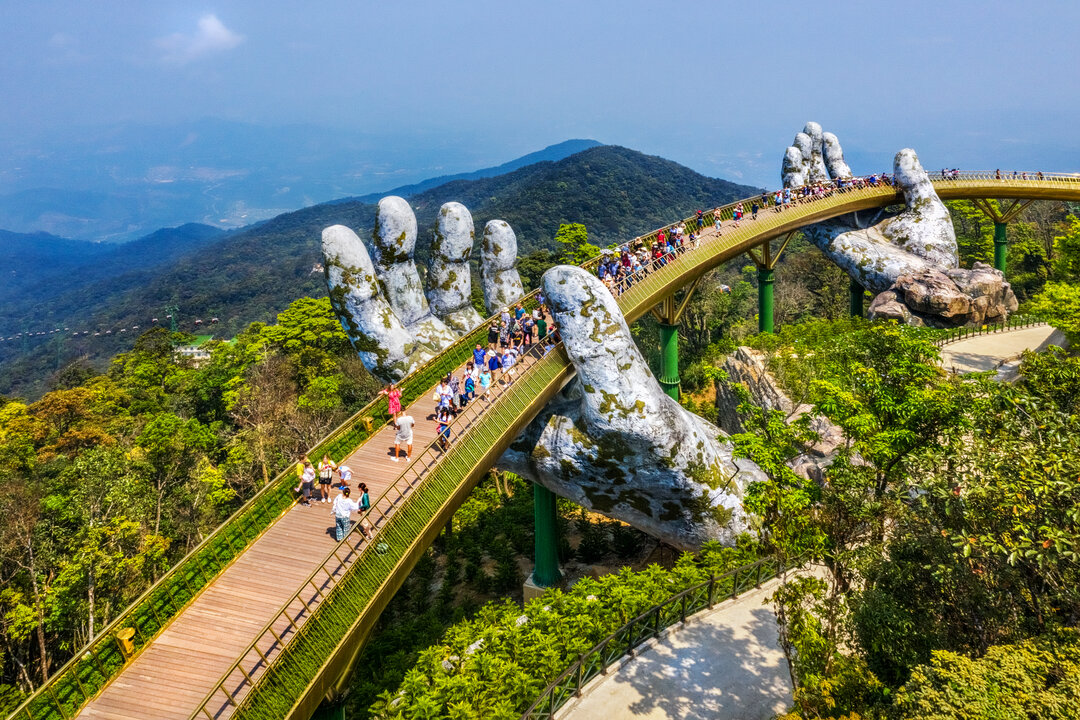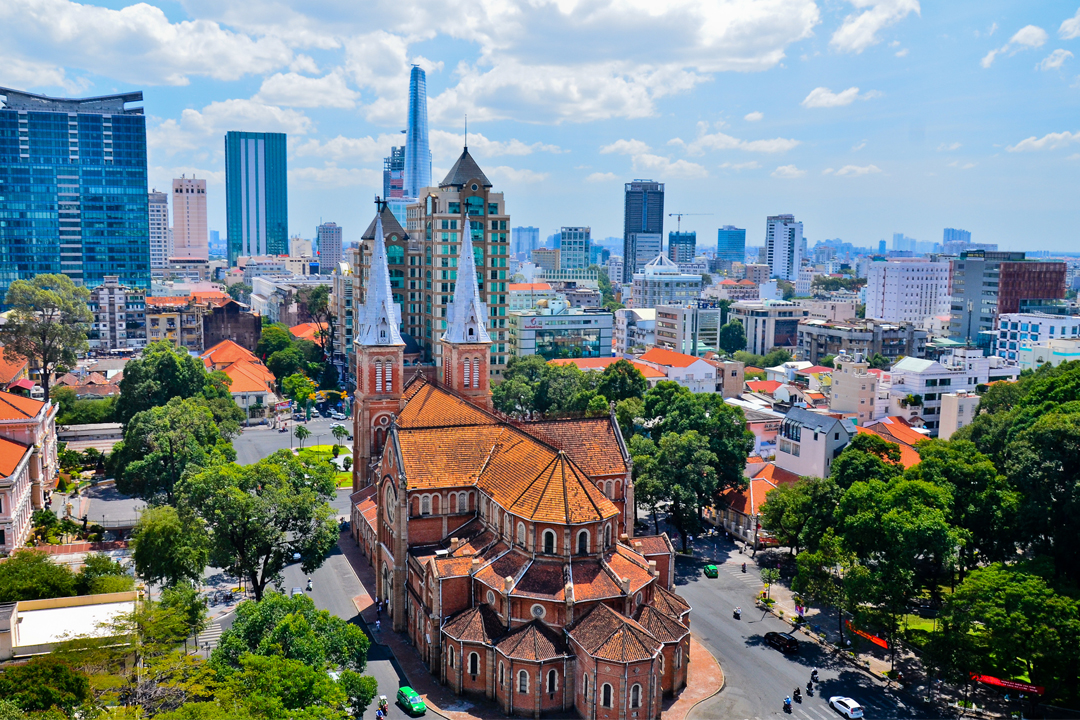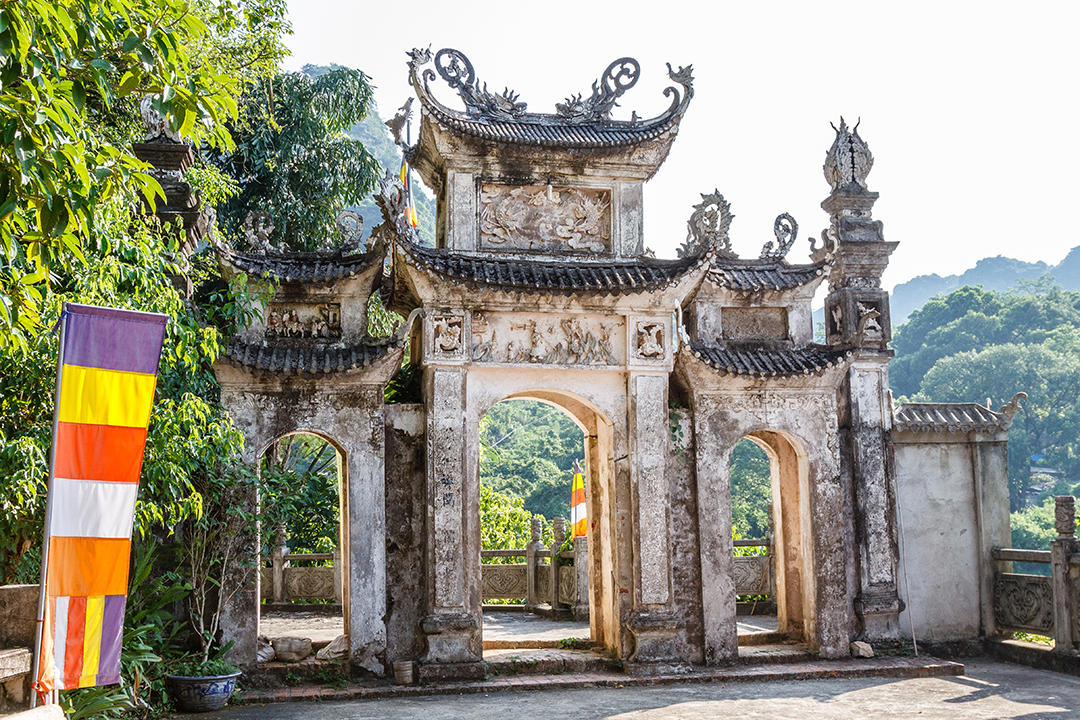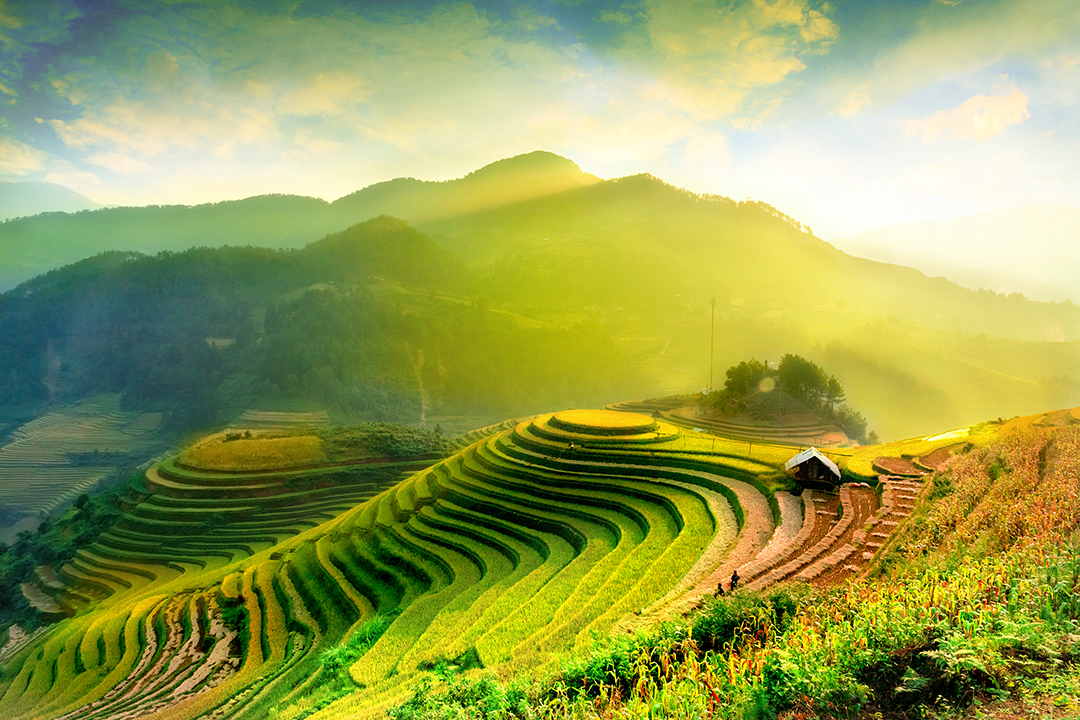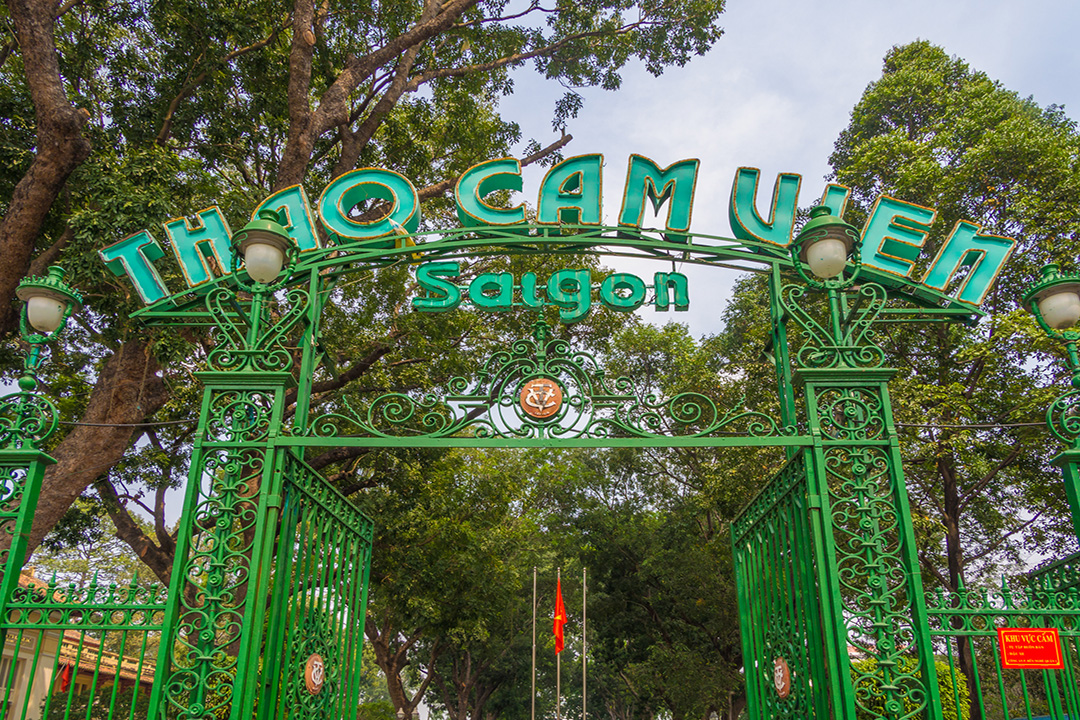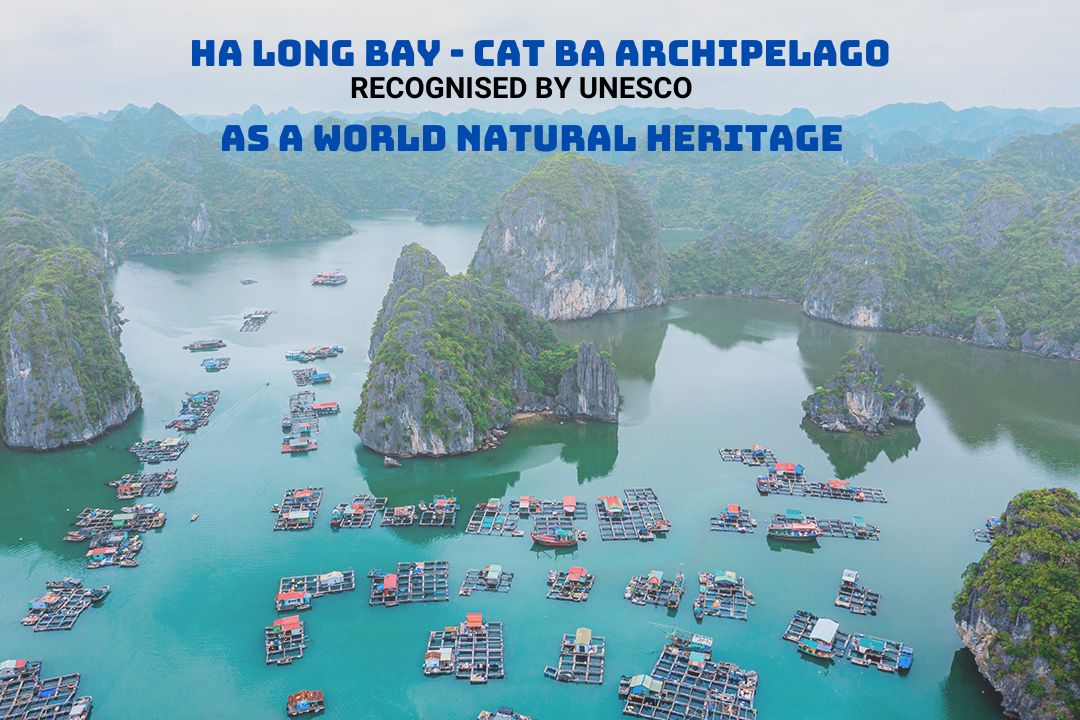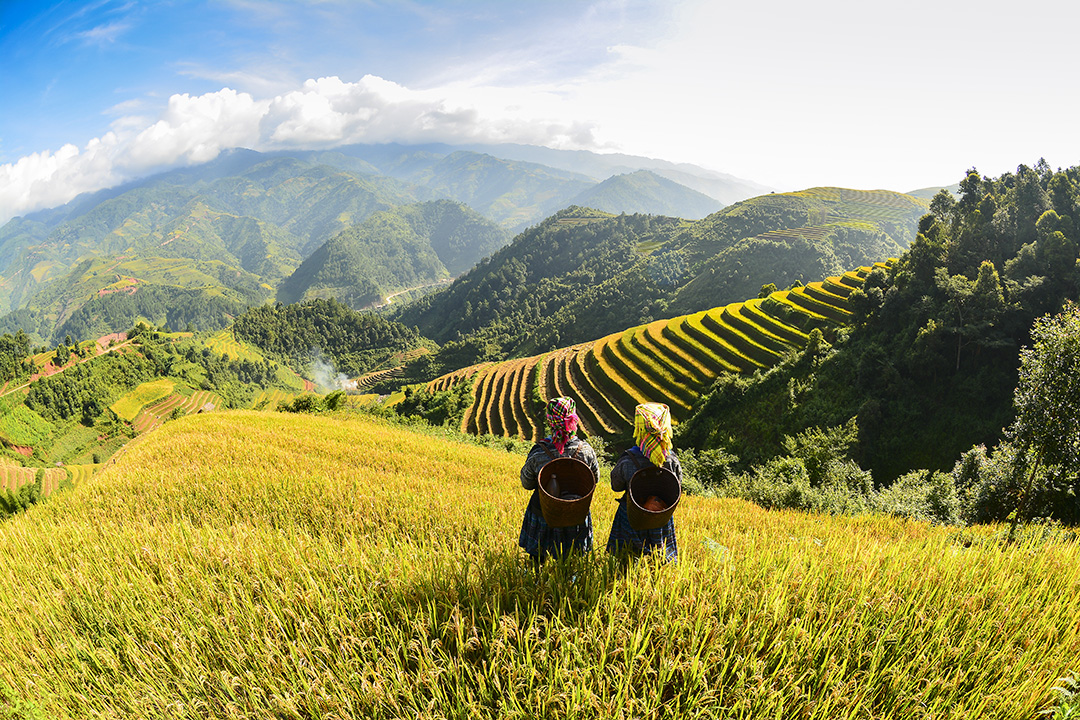Mar - 12 - 2024
With its lush landscapes, vibrant culture, and rich history, Vietnam has long been a magnet for travelers seeking authentic experiences. But beyond the bustling cities and iconic landmarks, sustainable tourism in Vietnam has also become popular in recent years.
Discovering Vietnam’s eco-tourism gems
Vietnam’s eco-tourism destinations perfectly blend natural beauty and sustainable practices.
Ba Be Lake - A natural marvel
In the heart of Bac Kan province lies Ba Be Lake, the largest natural lake in Vietnam. Surrounded by lush forested mountains, this ecological gem forms part of the Ba BeNational Park, a haven for diverse wildlife and a prime example of conservation in action.
Visitors can embark on boat tours to explore Ba Be's three interconnected lakes, marveling at the towering cliffs and hidden caves along the way. Homestays with locals provide authentic cultural experiences, with opportunities to learn about traditional fishing methods and organic farming practices.
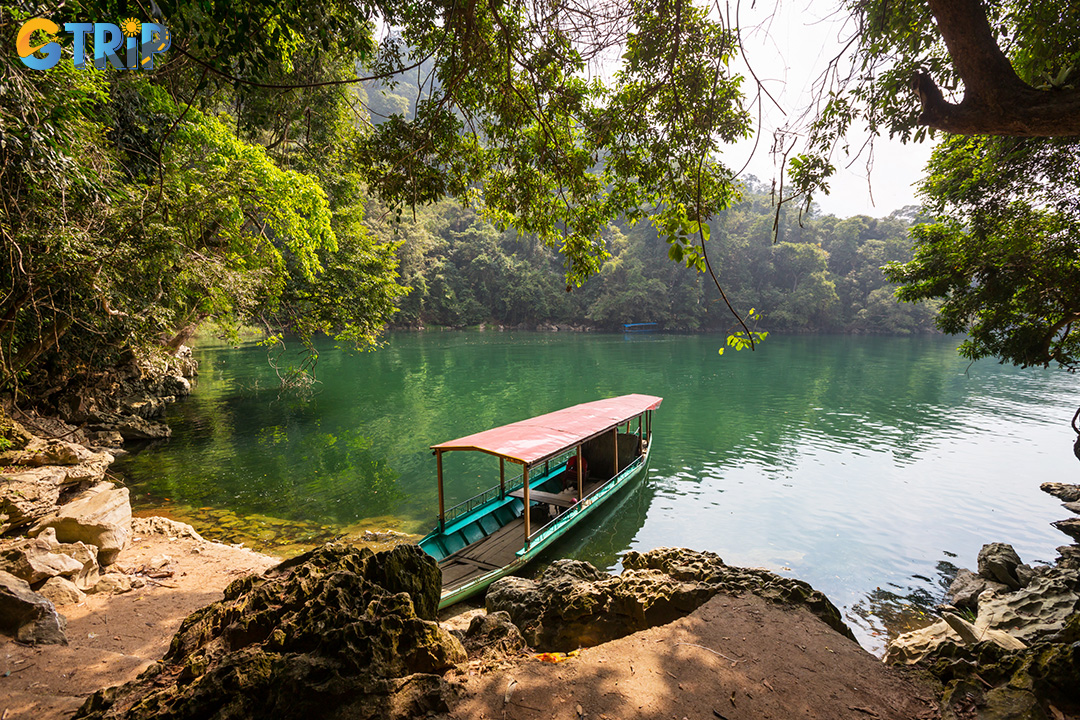
Ba Be Lake boasts pristine waters, lush forests, and traditional stilt houses of the Tay ethnic minority
Pu Luong terraced fields - A tapestry of greenery
Located in Thanh Hoa province, just about 150 km from Hanoi, Pu Luong is blessed with abundant natural resources, making it a prime destination for sustainable tourism in Vietnam. This area is particularly known for its four villages inhabited by the Thai ethnic minority. In Pu Luong, life moves at a slower pace, offering a stark contrast to the bustling cities of Vietnam that most tourists are accustomed to.
Trekking enthusiasts can traverse expeditions through Pu Luong's terraced fields, bamboo forests, and picturesque villages. Encounter local farmers tending to their crops using traditional methods and learn about the region's rich cultural heritage.
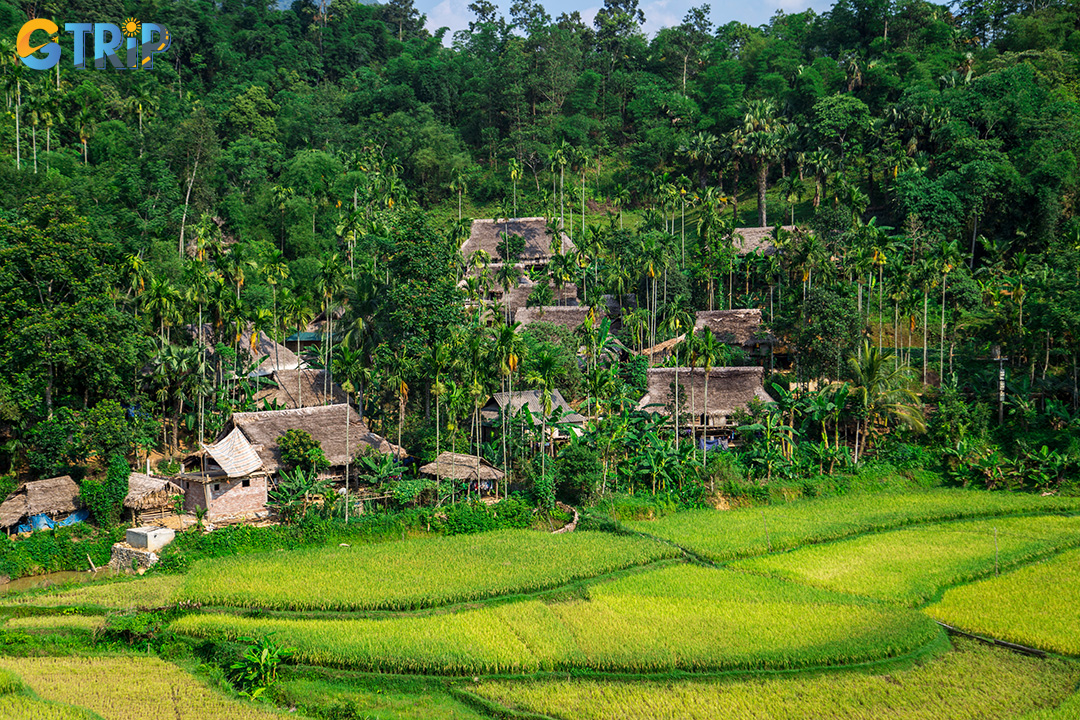
Pu Luong is renowned for its stunning terraced rice fields
Dak Lak - Vietnam's coffee capital
Nestled within the lush and captivating scenery of the Central Highlands, Dak Lak is renowned as the heart of Vietnamese coffee culture. This province boasts an enchanting ambiance, blessed by nature with fertile land, an ideal climate, and a rich cultural heritage intertwined with coffee cultivation.
The coffee plantations in Dak Lak stretch as far as the eye can see, adorning the landscape with shades of green. Farmers work tirelessly from dawn to dusk to ensure that every cup of coffee brewed carries the essence of Vietnam's most renowned coffee culture.
Visitors to Dak Lak have the opportunity to immerse themselves in the realm of coffee. From the aromatic scents filling the air during the roasting process to the refreshing taste of a freshly brewed cup, every step becomes a sensory journey.
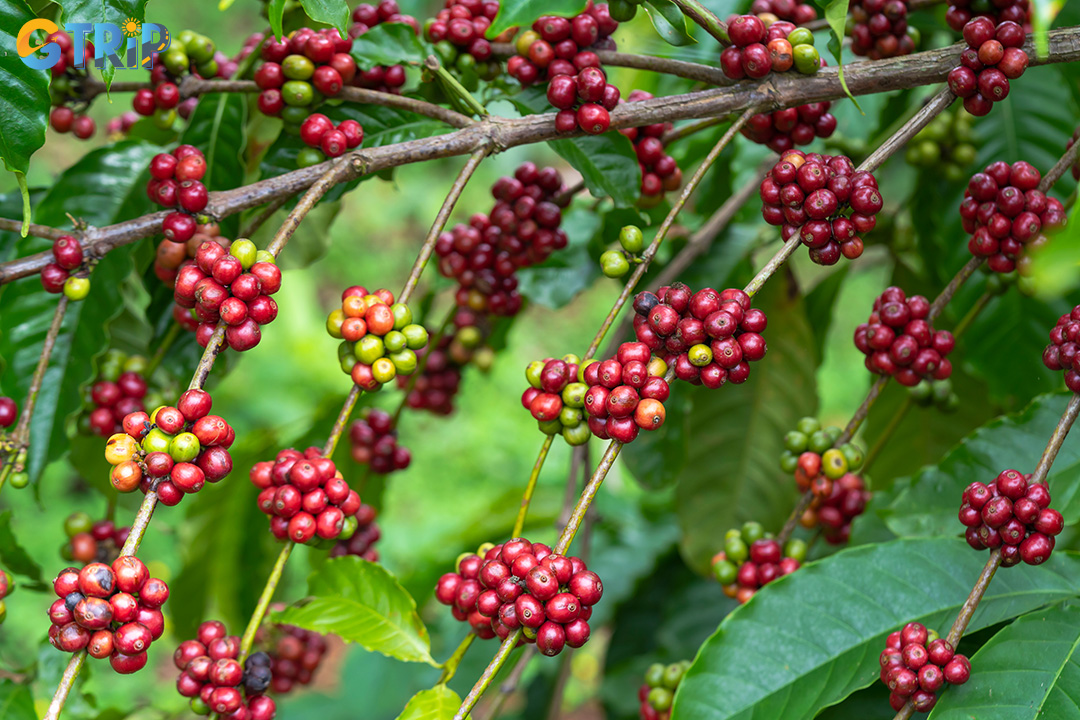
Dak Lak offers travelers a unique blend of cultural heritage and natural beauty
Can Tho - Colorful waterfront town
Can Tho is a bustling hub of commerce and culture in the Mekong Delta, renowned for its vibrant floating markets and lush countryside, making it an integral part of sustainable tourism in Vietnam. Cai Rang floating market offers opportunities to interact with vendors and sample fresh fruits, vegetables, and seafood.
Dozens of boats laden with fresh produce, vibrant flowers, and local handicrafts form the bustling hub of this lively riverside town. Trade activities kick off as soon as the morning sun casts its light upon the river. The lively chatter among traders and the fragrant scent of fruits undoubtedly make for the perfect way to welcome the new day.
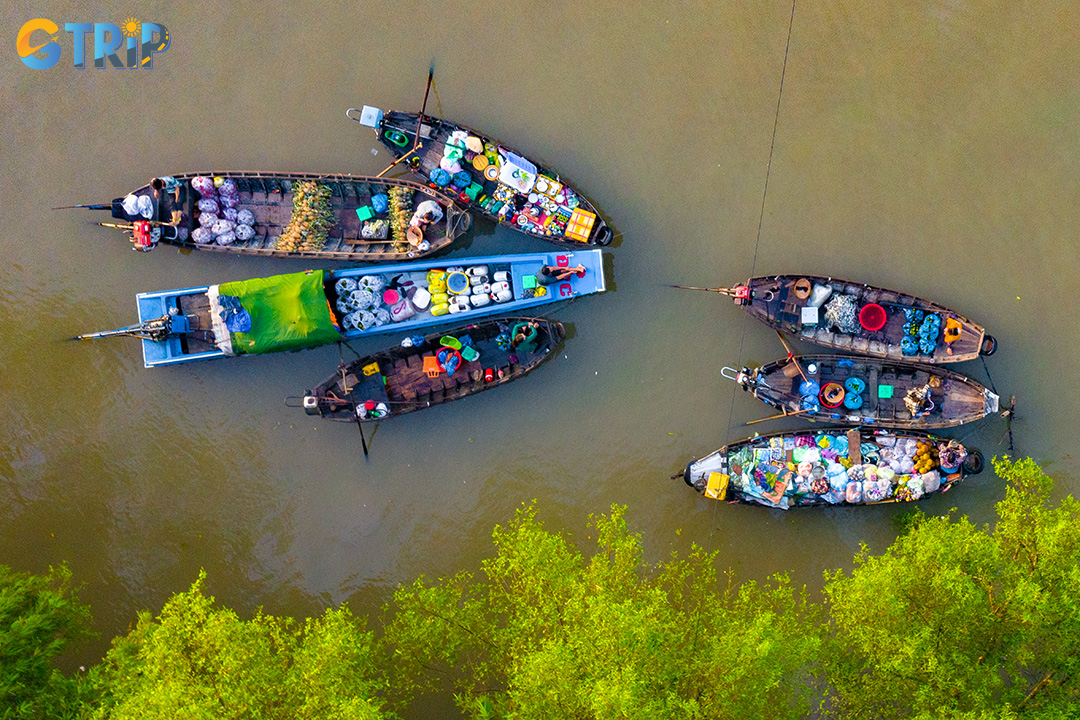
Cruise along the floating market to witness the daily life of local residents
Con Dao - Conservation haven for sea turtles
Con Dao is a pristine archipelago located off the southeast coast of Vietnam. Its allure lies in the untouched landscapes, where emerald waters meet fine white sands and dense forests teeming with diverse flora and fauna. The archipelago is also home to pristine coral reefs, making it a paradise for snorkeling and scuba diving enthusiasts.
The island boasts conservation areas, including Con Dao National Park, where lush forests are home to rare species such as the Con Dao langur. Con Dao is also known for its turtle conservation efforts, with local organizations and volunteers tirelessly monitoring nesting activities, protecting nests from predators, and releasing hatchlings into the sea.
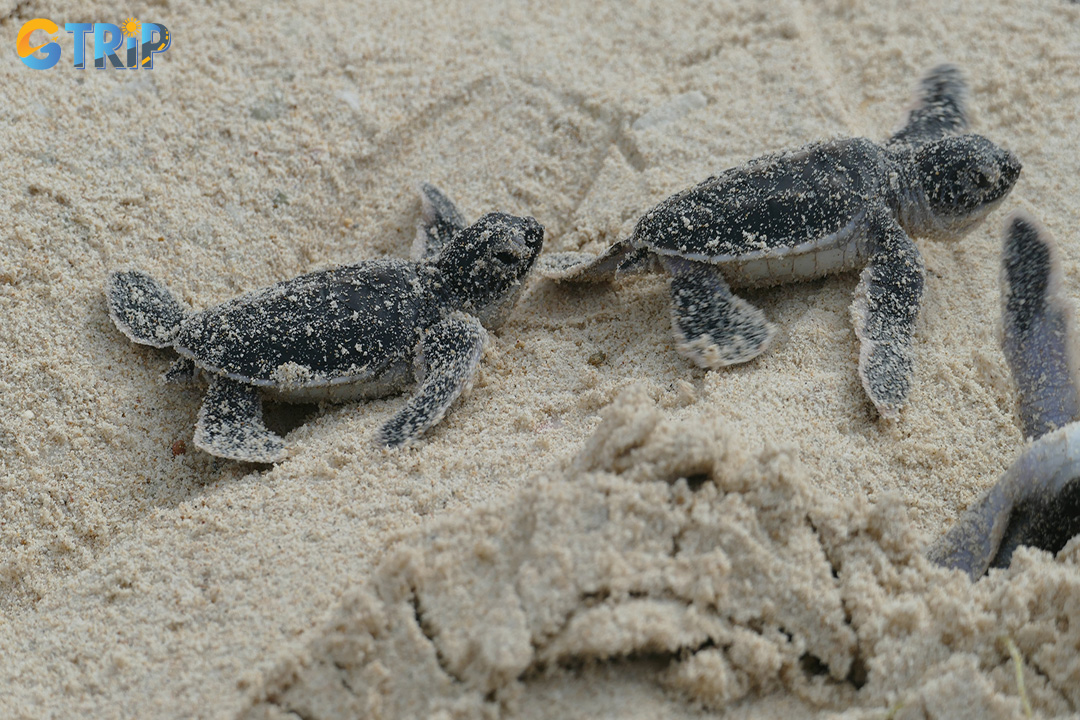
Con Dao plays a vital role in marine conservation efforts in Vietnam
Activities within sustainable tourism in Vietnam
Sustainable tourism not only allows travelers to explore Vietnam's natural and cultural wonders but also contributes positively to local communities and environmental conservation efforts. Here are a few of the most popular:
- Trekking and hiking adventures that take you off the beaten path and into the heart of nature. Travelers can explore scenic trails in national parks like Sapa in the north or Pu Luong in the central region, where responsible trekking practices are promoted to minimize environmental impact.
- Homestay programs in rural villages provide authentic cultural experiences, where guests can participate in traditional activities such as farming, cooking, and handicrafts. Travelers contribute directly to the economic empowerment of rural communities while fostering cross-cultural exchange and understanding.
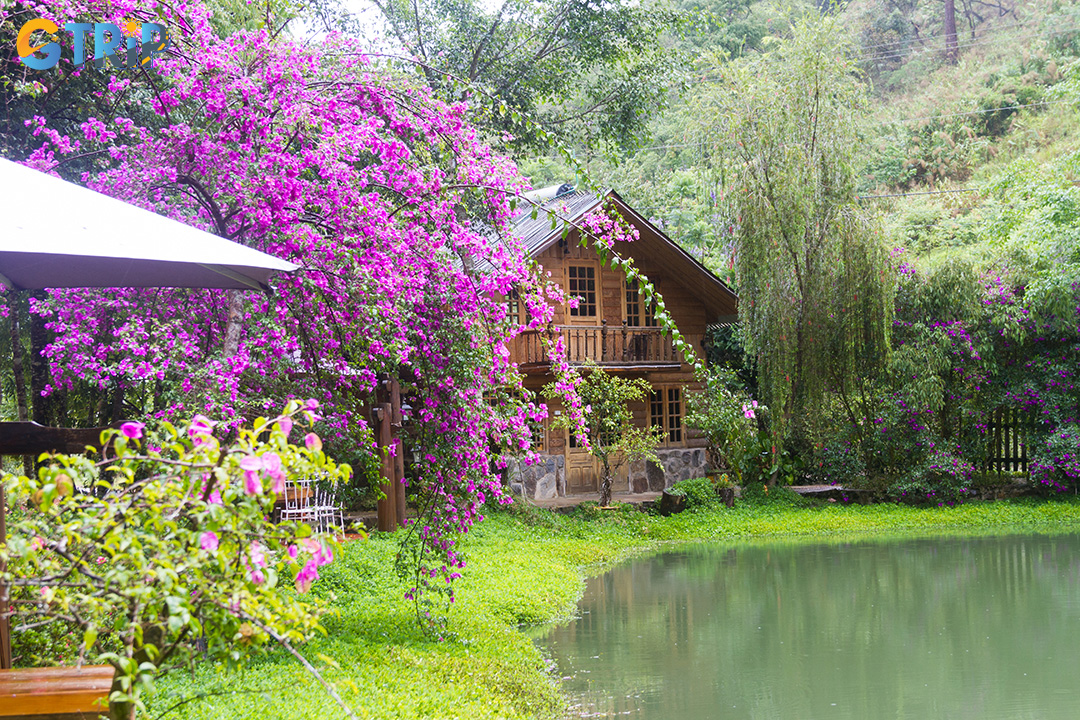
Staying with local families is a way to promote sustainable tourism in Vietnam
- Eco-friendly boat tours in places like Cat Tien National Park or Cu Lao Cham Marine Park provide opportunities to observe wildlife in their natural habitats while raising awareness about conservation challenges and initiatives.
- Discover the flavors of Vietnam while supporting sustainable agriculture and local producers. Join farm-to-table experiences where you can visit organic farms, learn about traditional farming practices, and participate in harvesting or cooking activities.
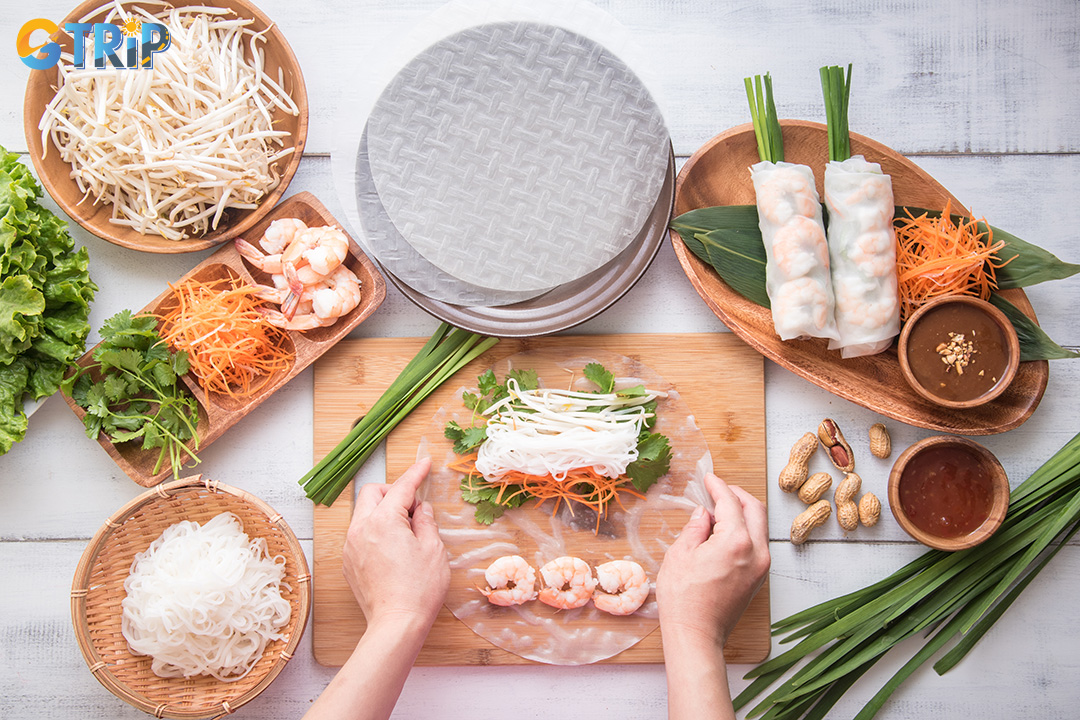
Joining eco-friendly food tours allows visitors to sample regional specialties
Sustainable tourism in Vietnam allows you to experience the country's natural wonders, cultural heritage, and local communities while minimizing your environmental impact. Embark on a sustainable journey to Vietnam and discover the beauty of responsible travel!

